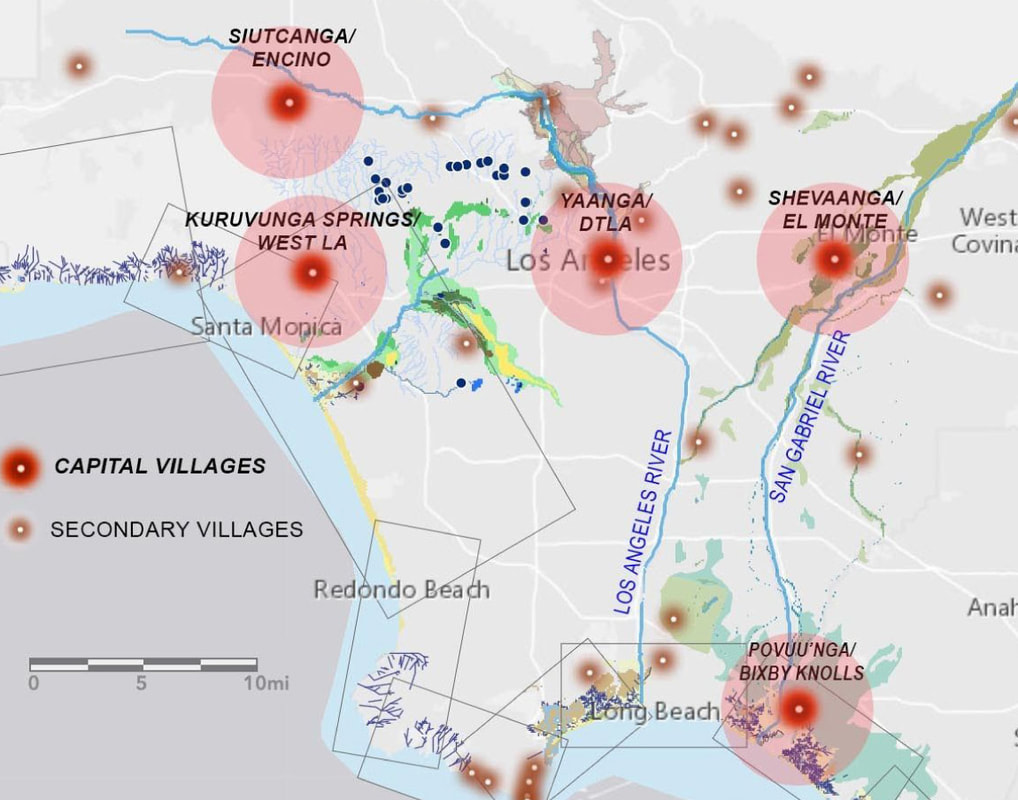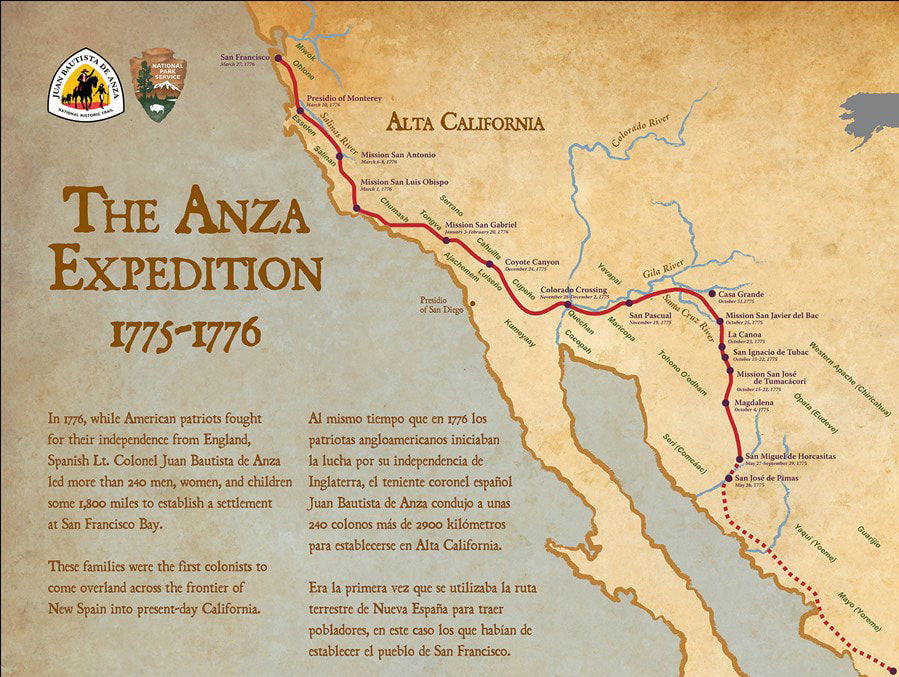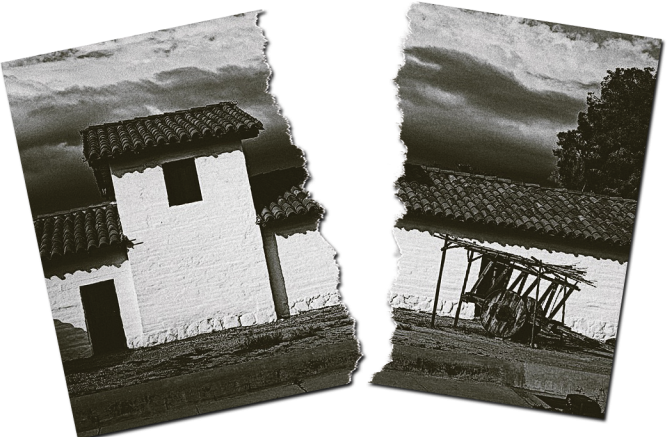Research, Grants, and Other Projects
Mapping Yelamu's Historical Landscape
|
January 2023-present
The ARO received a $10,000 Grant from the Far Western Foundation to write an ethnohistory of the Yelamu, the original peoples of what is now the City of San Francisco. The ethnohistory is part of a larger project to map the village locations and Native trails within Yelamu--a tribal lanscape map, if you will. The map will incorporate research from multiple sources to identify the original topographical features, watersheds, and shorelines prior to Spanish arrival. Project partners include the San Francisco Estuary Institute, the Exploratorium, and the Coastal Conservancy, and SF Planning. |
August 2023-present
The State Coastal Conservancy has given initial approval for a $250,000+ grant to SFEI and the ARO for the creation of (an historical) cultural and ecological map of San Francisco. The map will be informed by all available and up-to-date resources to improve its accuracy. The ARO will work with the staff at SFEI and other consultants to create the map of Yelamu's Historical Landscape, and the ethnohistory already funded by the Far Western Foundation will be included in the overall project. The ARO is looking forward to creating accurate and useful maps of Yelamu that will be made publicly available. |
Mapping Los Angeles Landscape History:
|
National Park Service Grant: Re-envisioning the Anza trail from a Native PerspectiveMarch 2021
The ARO is working with the National Park Service and San Francisco State University to revise the history of the Anza Expedition in California by including the perspectives, stories, and histories of the Native peoples of California. The project is funded by a grant from the National Park Service. |
Critical Mission Studies
|
2020-2024
Jonathan Cordero is a California Indian Researcher Partner on a $1.1 million University of California grant. The Critical Mission Studies (CMS) grant intervenes in conventional accounts of the Mission Period and focuses upon the too often excluded perspectives of California Indians. Through reconsideration of the missions as both physical places and objects of interpretation, CMS scholars pursue new research collaborations that surface both Native and Mexican/Mexican-American voices in the history of California and the U.S. Our research fosters more complex, multidimensional public engagements with difficult and traumatic histories. |


